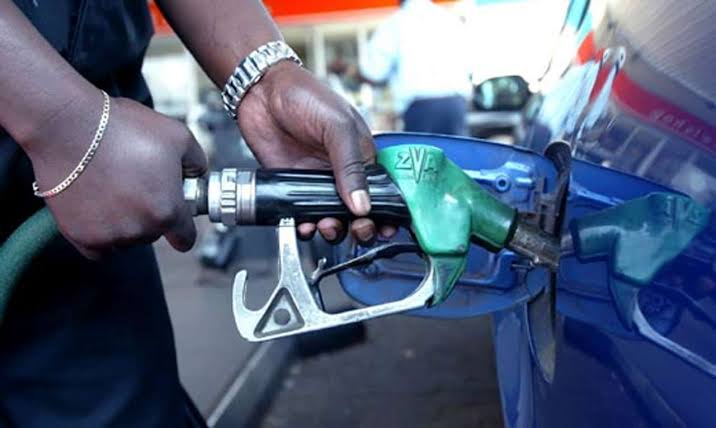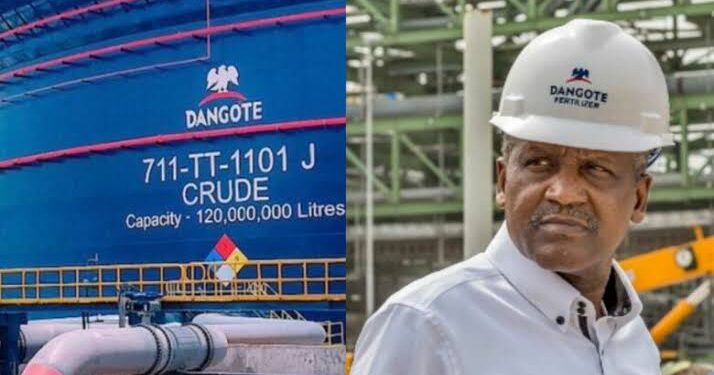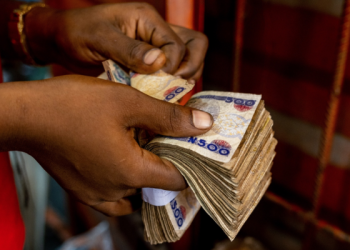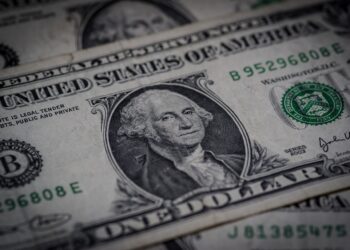Alhaji Aliko Dangote has called on the federal government to end the petrol subsidy to reveal the true cost of petrol. If implemented, this change could drive petrol prices to N1,800 per litre, further exacerbating the struggles of many Nigerians.
The Dangote refinery recently began supplying petrol to the national oil company, a move that has sparked controversy, as domestic output has failed to alleviate Nigeria’s fuel crisis and has instead driven prices higher.
In an interview with Bloomberg, Dangote noted that a major issue with Nigeria’s fuel output is the “reduced or subsidized rate of petrol.” He pointed out that many countries have eliminated fuel subsidies and argued that Nigeria should follow suit.

He asserted that subsidies actually inflate prices and prevent people from taking advantage of the subsidized rates. Dangote emphasized the unsustainable nature of petrol subsidies, highlighting that Nigeria’s gasoline prices are about 60% lower than those in neighboring countries. “Our gasoline price is about 60% of the price in our neighboring countries, and we have porous borders, so it is not sustainable. The government cannot afford the amount of subsidies we are paying,” he stated.
Dangote further discussed the impact of the refinery, which Nigerians are yet to experience.
He said “This refinery will bring quite a lot of issues out there. It would show the real consumption of Nigeria because nobody can tell. Some people say it is 60 million litres per day, some say it is less,” he explained.
“But right now, by us producing, everything can be counted and accounted for. Most of the trucks or ships that will load from us, we will put a tracker on them to be sure they are going to take the oil within Nigeria and that can help the government to save a lot of money.”
While Dangote’s arguments regarding fuel subsidies are reasonable and could benefit the country if properly implemented, he may be overlooking the critical issues of inflation and the declining value of the naira. Currently, N1,000 barely sustains an average person due to rising costs, compared to the past when one could survive on less than N500. Increasing fuel prices would lead to higher costs for goods, and with the naira already losing value, such a move could be not only unwise but also disastrous for Nigeria’s struggling population.

















